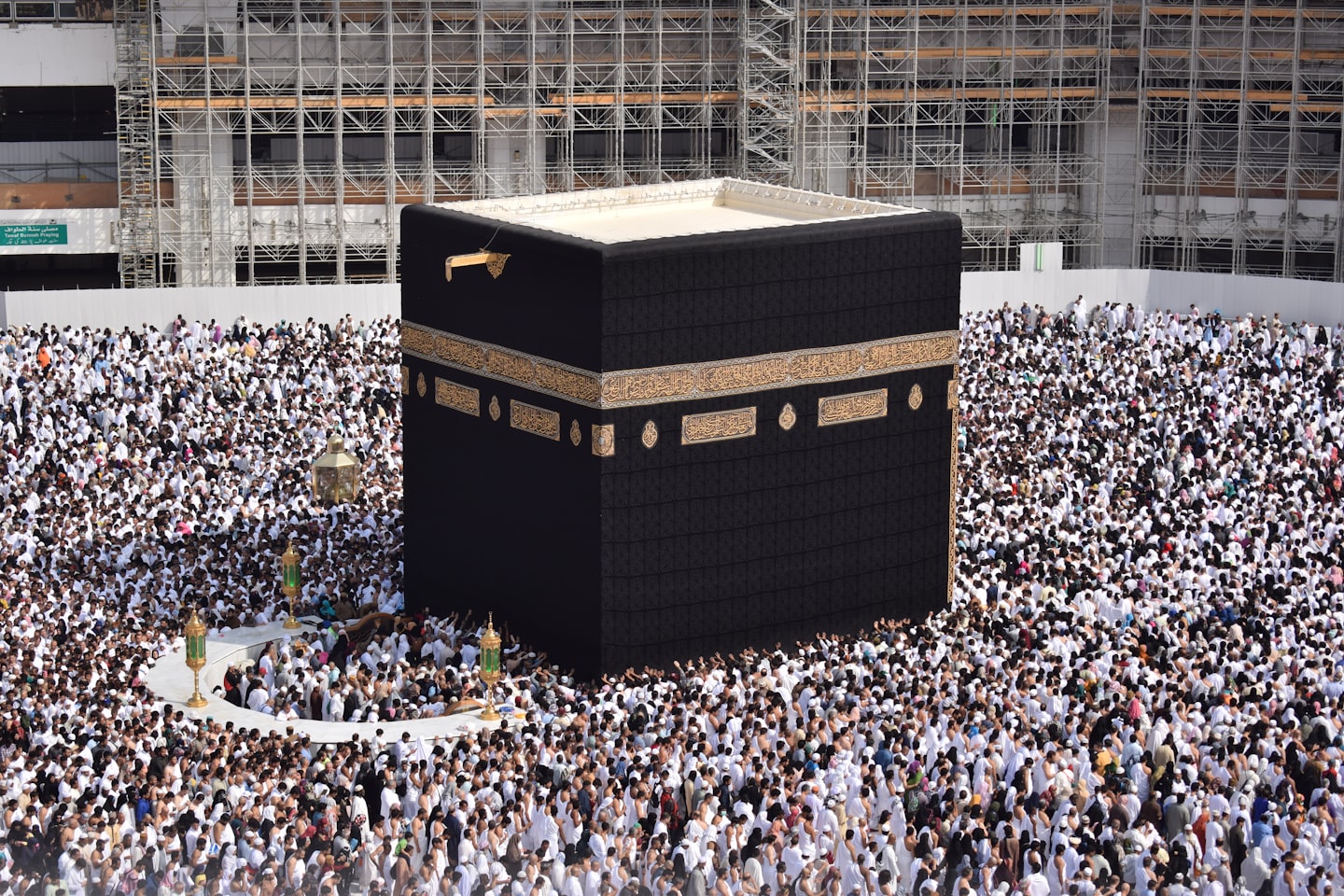Muslims fast primarily as an act of worship and obedience to Allah, especially during the holy month of Ramadhan. Fasting is one of the Five Pillars of Islam and holds deep spiritual, moral, and social significance.
Here are the main reasons Muslims fast:
1. To Obey Allah (God)
Fasting in Ramadhan is commanded in the Qur’an to help believers grow in taqwa (God-consciousness). It is a direct act of devotion.
2. To Develop Self-Discipline
From dawn to sunset, Muslims abstain from food, drink, and marital relations. This builds self-control, patience, and spiritual strength.
3. To Increase Empathy for the Poor
Experiencing hunger and thirst helps Muslims understand the struggles of those who are less fortunate, encouraging generosity and charity.
4. For Spiritual Purification
Ramadhan is a time for increased prayer, reflection, Qur’an recitation, and seeking forgiveness. Fasting helps reduce distractions and focus on faith.
5. To Build Community
Families and communities gather to break the fast (iftar) together, strengthening bonds and unity.
Fasting during Ramadhan commemorates the month in which the Qur’an was first revealed to the Prophet Muhammad.

